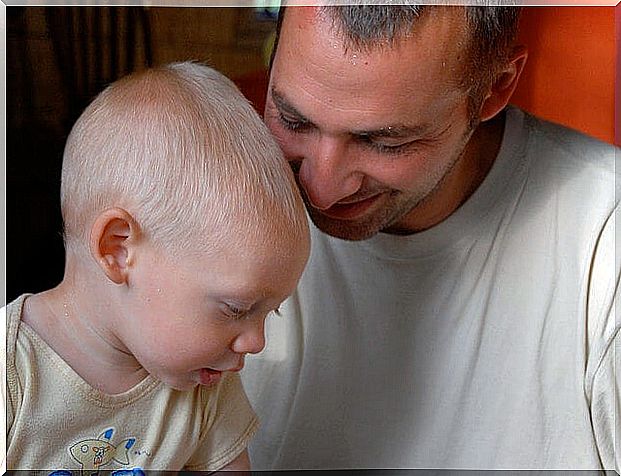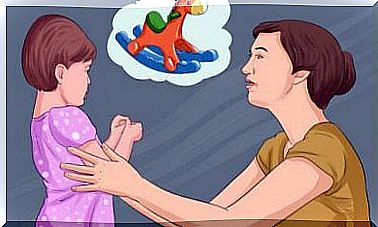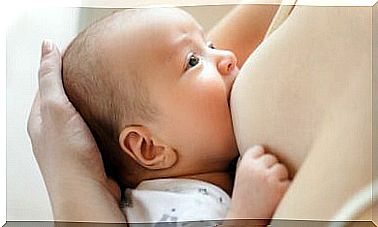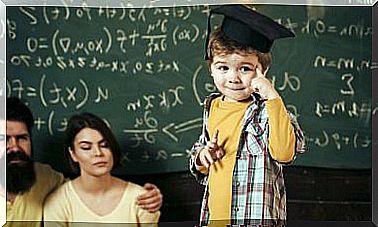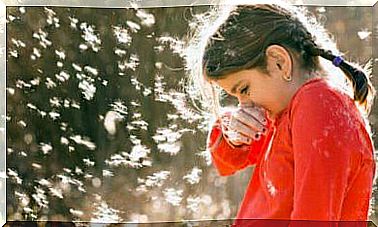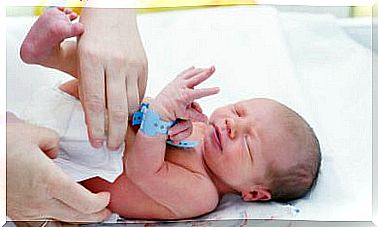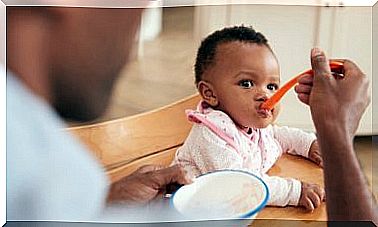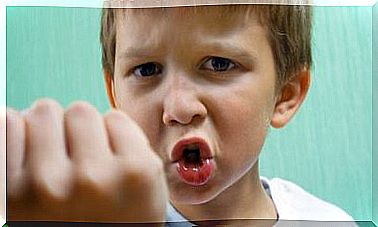All About Aphasia In Children
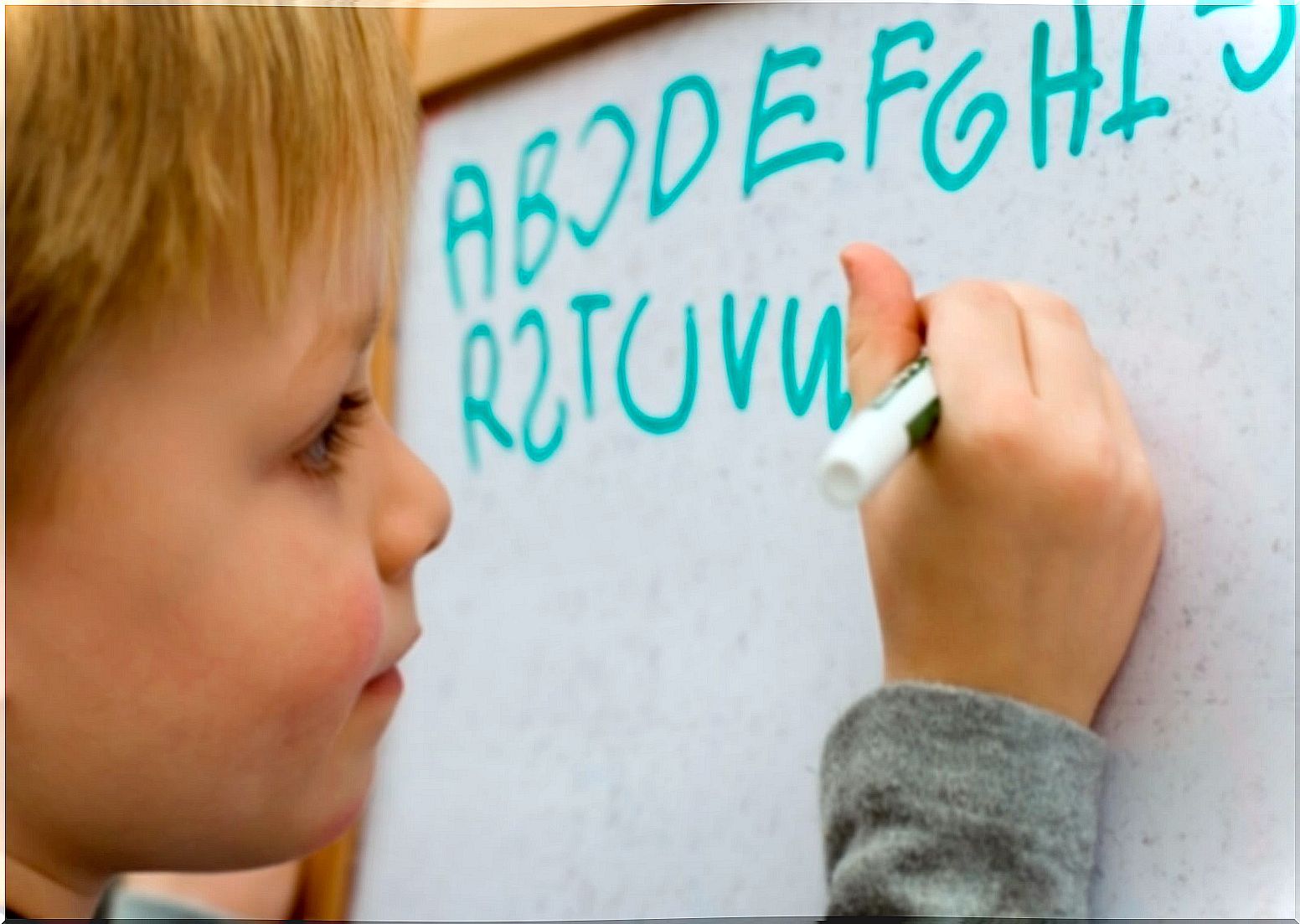
Aphasia in children is a condition in which the child’s communication development is abnormally low for his age, being very common to be confused with other conditions, such as autism, Asperger’s syndrome, mental retardation, and so on.
However, a thorough symptomatology check by a professional can differentiate aphasia from other diseases within the spectrum of conditions that affect or modify the behaviors involved with communication.
Types and clinical picture of aphasia in children
Expressive aphasia
Children with aphasia of this type understand auditory language, making it possible for them to receive and execute instructions according to their age.
However, they have little or no capacity to replicate sounds and consequently produce vocal language, which can also extend to the difficulty to generate written language in those children whose aphasia appeared when they had already acquired reading-writing skills, being in the latter most common case when its origin is due to head trauma.
It is very common for these children to communicate with their parents or other adults through signs and gestures. Likewise, they may present an inhibition to speak, confused with shyness or selective mutism, but which can be derived from previous experiences of frustration when trying to evoke auditory language.
Receptive aphasia
He can imitate sounds, but this is limited, however, because his disability (unlike aphasia in expressive type children) lies in the fact that, although they can hear and even understand written language , children with receptive aphasia have a null or poor ability to understand what they are reading or listening to.
Anomic aphasia
In this form of aphasia, words can be understood as well as the speech of sentences can be performed. However, children with aphasia in this class have extreme difficulty finding the right words for correct communication, as well as notable inconsistencies when formulating words and sentences.
The above is denoted for anomic aphasia, in a fairly limited catalog of words, as well as a misuse of words, as well as an erroneous semantic construction, which leads, as a whole, to a use of language that goes from one level deducible as to its meaning, even totally incoherent for the interlocutor.
Global aphasia
It is the most serious type of aphasia, an acute form of this condition that affects all communication and understanding abilities.
Children with global aphasia do not have the skills to understand auditory or written language, nor can they perform vocal language execution, that is, they can produce sounds, but they have no ability to imitate the articulation of words as such.
Causes of aphasia in children
Aphasia is due to damage to the brain regarding the area that processes language. The causes can be varied, from brain contusions, to diseases such as cerebral parasitosis, brain tumors, meningitis, epilepsy, etc.
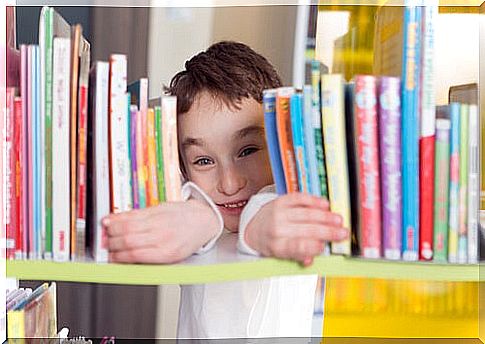
How is aphasia treated in children?
Some aphasias can be temporary and resolve without the need for treatment. For a persistent aphasia with more acute symptoms, its treatment is carried out through a rehabilitation approach to linguistic skills, this taking advantage of the natural neuroplasticity of the brain.
Cognitive rehabilitation, more specifically in the identification and execution of language, is carried out through training dynamics based on sound discrimination, as well as gestural discrimination exercises, sound evocation training, and oral-facial training.
In the final stages of rehabilitation, more clearly educational activities, this with the use of drawings and text within dynamics that train skills in terms of semantics and syntax of language.
Importance of treating aphasia early in children
It is important to see a doctor immediately if you suspect aphasia. Although it may be temporary, it is not an absolute advantage in terms of the time of the disease, so, if it does not disappear, it could generate problems of understanding and communication of language that are difficult to treat, even becoming chronic.
The faster aphasia in children is treated, the faster and more effective recovery will be through rehabilitation of language skills.
It should be noted that the treatment of aphasia in children is purely for the restoration of psycholinguistic skills. That is, it does not depend on drugs of any kind, and its evolution is good as long as it is done as early as possible.
